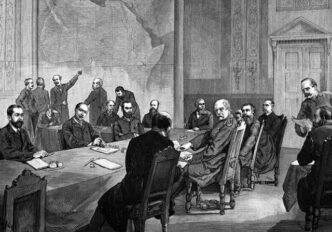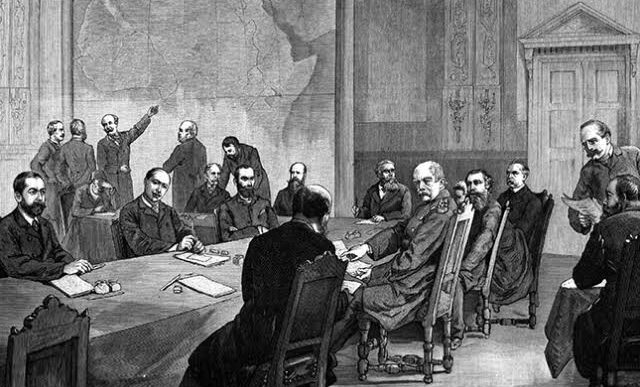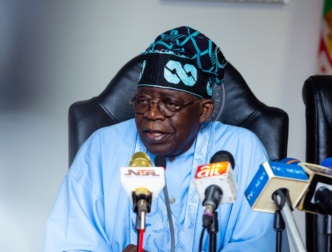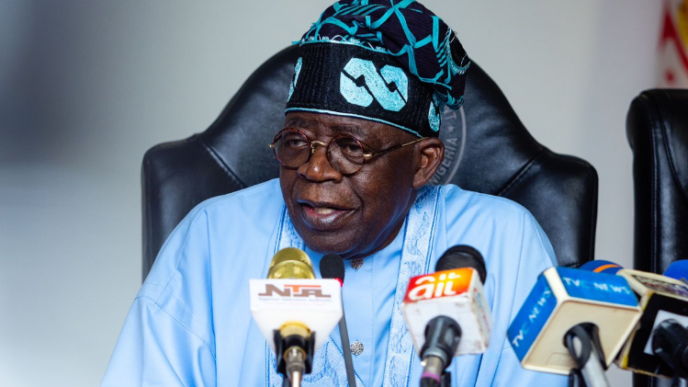BY TOSIN JOSEPH TAIYE
In this digital age, in which information is readily available at our fingertips, the age-long habit of reading in-depth articles, books, newspapers, and other forms of written content is gradually being jettisoned. Many have lamented the decline in book-reading culture, often attributed to an increasing reliance on technology (electro-mechanical devices), and a fast-paced lifestyle that leaves little room for quiet contemplation.
The age-long saying, “If you want to hide something from an African, put it in a book,” unfortunately, still holds water today. Nigeria’s ranking in the World Culture Score Index reinforces this notion, highlighting the country’s challenges in fostering a strong reading culture.
Of course, Nigeria’s literacy landscape is nothing to write home about, compared to some African countries. That is why this piece largely focuses on the poor reading culture among the educated population. Alarmingly, recent figures from the National Commission for Mass Literacy, Adult and Non-Formal Education reveal that 38% of Nigerians lack formal education, while a staggering 40% of primary school pupils struggle with reading and comprehension.
Advertisement
Also, a survey conducted by the Nigerian Educational Research and Development Council (NERDC) in 2021 indicated that only 56% of Nigerian adults read at least one book per year. According to a report by the National Bureau of Statistics (NBS) in 2020, Nigeria had an adult literacy rate of approximately 62%, with reading frequency being much lower. The same report highlighted that an average Nigerian reads less than one book a year, which starkly contrasts with other African nations like South Africa and Kenya, where the reading rate is significantly higher.
Observing Nigeria’s reading culture reveals a troubling trend. Despite increased literacy rates and graduates, our reading habits have declined. Thirty to fifty years ago, Nigerians read more widely, despite fewer educational opportunities.
One key factor contributing to this decline is the failure to promote and stimulate a good reading culture in schools. Nigeria’s curriculum design prioritises reading for tests and examinations, rather than encouraging reading for pleasure.
Advertisement
This narrow focus has detrimental consequences. By focusing more on exam-oriented reading, students miss out on the broader benefits of reading, including intellectual growth, critical thinking, and lifelong learning.
In my conversation with one of my school librarians recently, Musa Tanko Abdullah, he highlighted the pressing issues. He disclosed that the “majority of students only read to pass examinations not for knowledge acquisition. During examinations, the library is filled to capacity, with 90% of students utilising the facilities. However, during regular school activities, the turnout is egregiously low”.
He attributed the decline to over-reliance on technology and laziness. Consequently, students no longer borrow books as they once did.
Meanwhile, research reveals a profound nexus between reading and cognitive ability. Intensive reading cultivates analytical skills, enabling individuals to comprehend complex issues and develop effective problem-solving skills. Regular reading also has a profound impact on mental well-being, fostering emotional intelligence, self-awareness, and empathy. This, in turn, enhances social skills and relationship management. Ray Ekpu, the editor-in-chief of News Watch magazine, buttressed this, noting that, “reading books sharpens the intellect, expands one’s knowledge and improves the reader’s ability to think, to write well, and to gain confidence”.
Advertisement
Moreover, the nexus between reading, knowledge acquisition, intelligence, and personal empowerment is vital for socioeconomic progress. When reading is absent, critical thinking and human development suffer.
A society that values reading is inherently knowledge-driven and better positioned for socioeconomic progress. However, Nigeria’s poor reading culture demands urgent attention. To address this issue, a concerted effort is required from relevant government agencies, educational institutions, families, and the private sector to prioritise and encourage reading as a fundamental element of personal and national development.
Acknowledging the statistics, causes, and consequences of Nigeria’s poor reading culture is crucial. By understanding these factors, we can work towards creating a nation of readers. Collective perseverance is essential to ameliorating Nigeria’s declining reading culture and reaping the benefits of a literate and enlightened citizenry.
It is time for individuals, organisations and policymakers to embark on endeavours that encourage reading, driven by the quest for knowledge acquisition, to secure a brighter future for Nigeria.
Advertisement
Taiye, Tosin Joseph is a 400L student of mass communication department, faculty of communication, Bayero University, Kano
Advertisement
Views expressed by contributors are strictly personal and not of TheCable.











